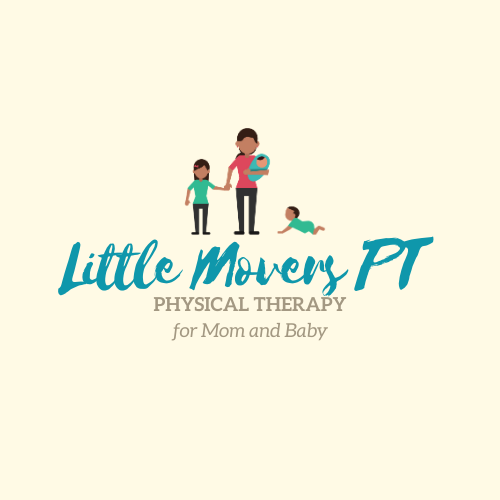What do your baby’s mouth resting posture and supplements have in common?
/Establishing a supply early in the fourth trimester is critical to being able to make breastmilk long term. There are many factors that determine how supply is created including mom’s hormones, the amount of actual duct tissue, and the amount that the breast is being stimulated. The need for lactation supplements like legendairy brand, majka, or the like, has risen exponentially over the last few years and the reasons behind it are not often spoken about.
The incidence of open mouth posture and oral motor dysfunction has also exponentially risen.
The truth is that our genes are changing in real time in response to our environment, the foods we eat, and the stresses placed on our bodies. This is called epigenetics. The more toxic our environment becomes, the more our genes are affected. These gene changes are then also passed down to our offspring and therefore it is understandable that there is a rise in dysfunction. Issues like tethered oral tissues (tongue and lip ties) are not a new concept. They have been written about as far back as in the bible. But they too are part of the rise in oral motor dysfunction.
So what do oral motor difficulties and lactation supplements have to do with each other? Babies who have open mouth posture, low tongue resting positions, and high palates often have difficulty nursing and/or bottle feeding. This difficulty often leads to less stimulation at the breast in the early days which leads to less supply. Thankfully we have supplements that can help bring us back to status quo along with adequate support from lactation consultants and breast stimulation.
Fixing your supply, however, is only half of the equation.The tongue should glue onto the palate from tip to back when at rest. When the tongue is only partially up or not at all, it leads to dysfunction. Because the tongue is formed at 10 weeks in utero and many babies have low tongue resting posture, many babies are born with high palates. Why do we care so much? For many reasons:
The tongue forms the palate (maxilla) with the forces placed upon it.
The tongue resting on the palate is what opens the airway. There is a direct correlation between that and the amount of oxygen that is getting to the brain. The lower and wider the palate, the bigger the upper airway. The more narrow and higher the palate, the smaller the upper airway.
The brain is 75% of the way formed by the age of three. We want max oxygen to the brain for development.
The vagus nerve (the nerve that controls your parasympathetic nervous system and takes you out of fight or flight) is on the roof of the mouth. The more it’s stimulated by the tongue, the cooler, calmer and collected you are.
We want deep, restful sleep which comes from nasal breathing. Open mouth posture is linked to rapid breathing, increase of anxiety/depression, and ADHD tendencies.
When the tongue is down the airway is partially blocked which is what prompts people to mouth breathe. This allows air to come into the mouth without a filter leading to dust/bacteria/viruses/allergens entering the system and swelling tonsils/adenoids. The swelling then furthers the need to mouth breathe vs nasal breathe.
The tongue resting position is also an indicator of general use of the tongue (lateral movements, extension, elevation, etc). We need proper tongue movements for feeding, speech, oral hygeine, and to jump start our postural control system.
When we are talking about supply, there will be an endless battle if we do not address the oral motor issues that are still affecting the supply vs demand cycle. In order to address the above concerns, it is important to seek out a therapist for a tongue-to-toes evaluation. The therapist can help reduce compensatory patterns, improve feeding, and send out for further diagnostics if anatomical issues like tongue-tie are also at play. Fixing these deeply routed genetic issues often takes a team of lactation, PT/OT or SLP therapist, and frenectomy providers. Together they can set your baby up for lifelong success of better feeding and sleep with a cooler and calmer nervous system rather than battling each milestone along the way.
Elizabeth Morel is the owner of the physical therapy clinic Little Movers PT, LLC in New Jersey. She is also the CEO of Little Movers Education, an education LLC with oral, motor, and neurological coursework for families.


